gun violence
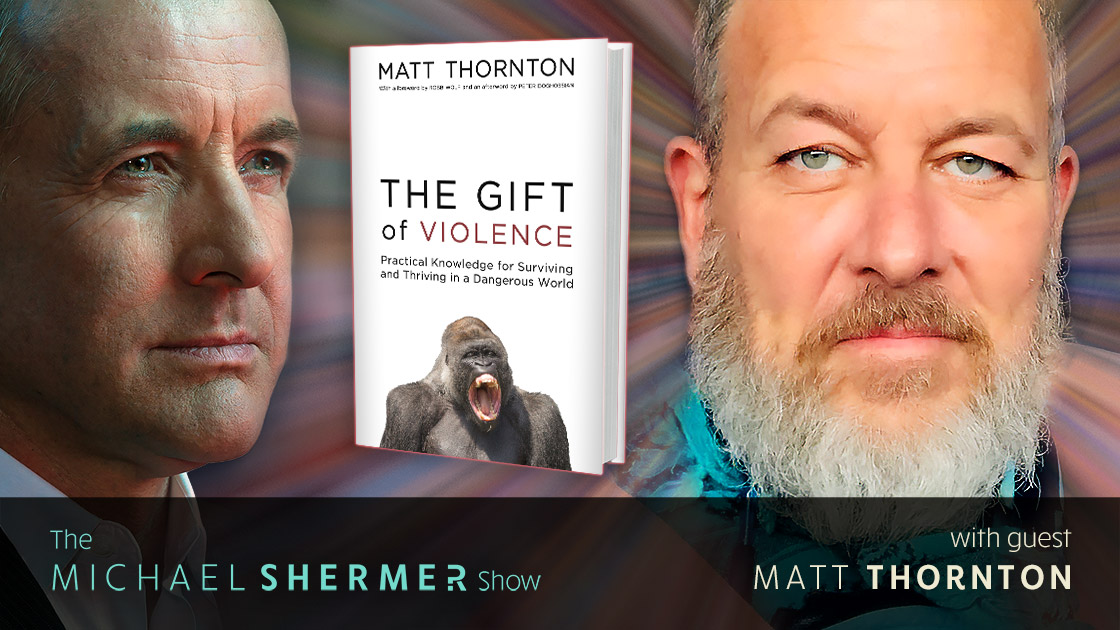
Shermer and Thornton discuss: aggression: passive, proactive, reactive, relational • moralistic punishment and the game theory analysis of the logic of violence • gun violence (homicide, suicide, accidents) • violence against women/children • male-on-male violence • alcohol, drugs, infidelity • race • self-control • training soldiers • male role models • Rodney King, Michael Brown, George Floyd • police violence • bullying • fatherless homes • rape and sexual violence • self-defense.
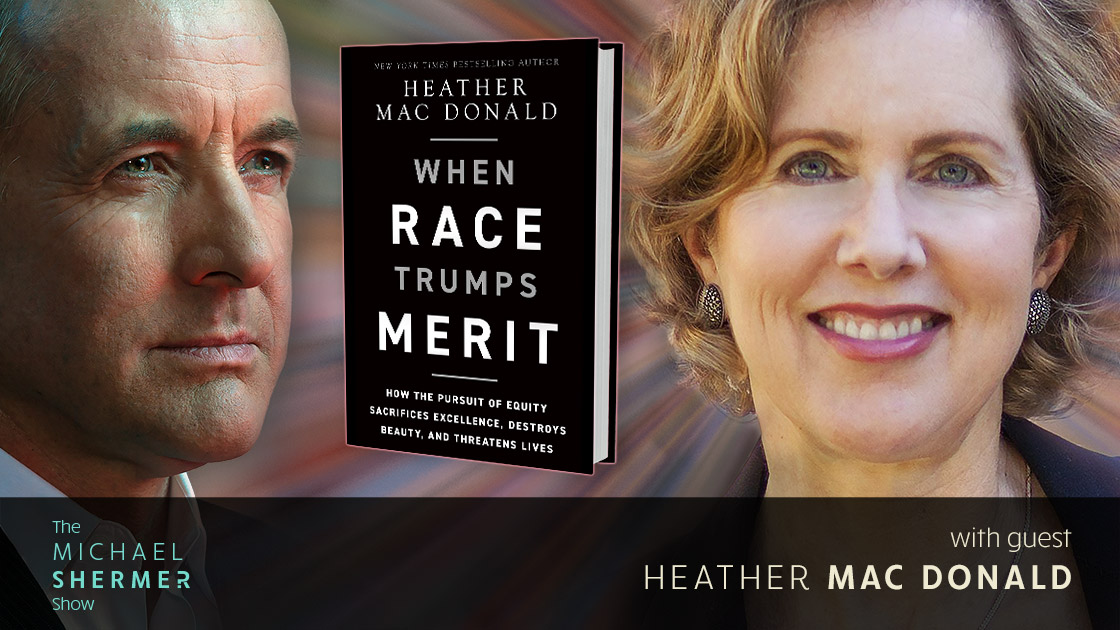
Shermer and Mac Donald discuss: race as America’s original sin • civil rights • equality vs. equity • disparate impact • overt racism vs. systemic racism • why Blacks make less money, own fewer and lower quality homes, work in less prestigious jobs, hold fewer seats in the Senate and House of Representatives, run fewer Fortune 500 companies • race and science, medicine, classical music, opera, Juilliard, Swan Lake, museums, and the law • crime and mass shootings • George…
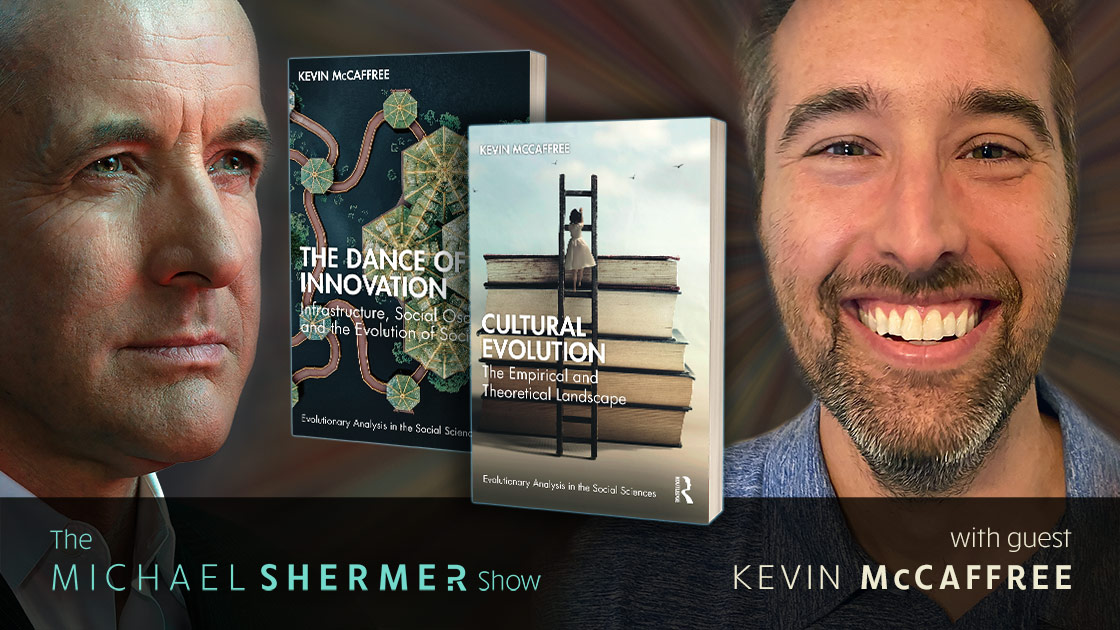
Since the dawn of social science, theorists have debated how and why societies appear to change, develop and evolve. Shermer speaks with sociologist Kevin McCaffree about: his research on crime and gun violence • diversity, equity, and inclusion • political polarization •cultural and biological evolution • horizontal/equalitarian vs. vertical/hierarchical societies • human selfishness and the problem of altruism, and what the future holds for humanity and society…
Read the Skeptic Research Center’s general report, “Pandemic Politics: How 2020 Impacted Americans’ Social and Political Attitudes,” based on their nine reports from the Civil Unrest and Presidential Election Study (CUPES) released in late 2020–early 2021. PLUS: Michael Shermer speaks with author, journalist, and TV personality Nick Pope about UAPs, UFOs, conspiracies, and cover-ups.
Read the Skeptic Research Center’s general report, “Pandemic Politics: How 2020 Impacted Americans’ Social and Political Attitudes,” based on their nine reports from the Civil Unrest & Presidential Election Study (CUPES) released in late 2020–early 2021.
In response to last week’s trifecta shootings in Gilroy, El Paso, and Dayton, Michael Shermer offers an analysis of the psychology of mass public shooters, or why people act on their beliefs, why almost everyone thinks their beliefs are ontologically true and morally right, and why political rhetoric matters.
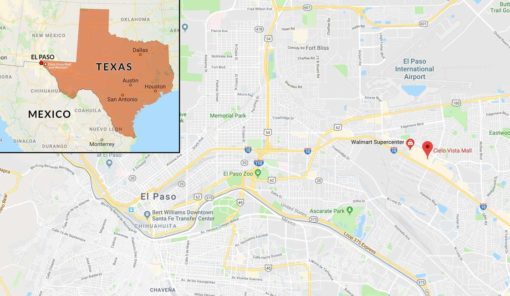
In response to last week’s trifecta shootings in Gilroy, El Paso, and Dayton, Michael Shermer offers an analysis of the psychology of mass public shooters, or why people act on their beliefs, why almost everyone thinks their beliefs are ontologically true and morally right, and why political rhetoric matters.
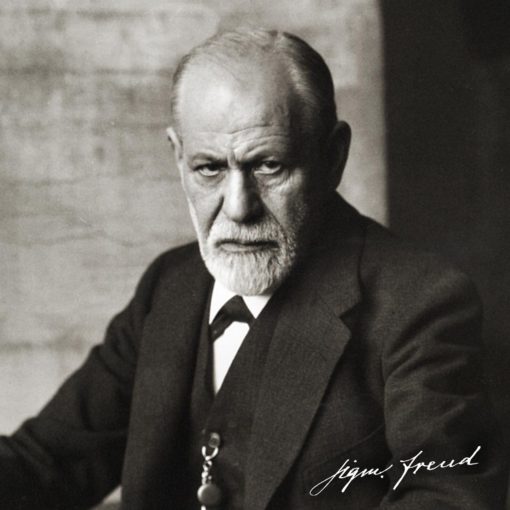
In this week’s eSkeptic, Margret Schaefer reviews Freud: The Making of an Illusion, in which its author, Frederick Crews, convincingly argues that Freud constructed psychoanalysis on a fraudulent foundation. How did Freud convince so many people of the correctness and the profundity of his theory?
In this week’s eSkeptic, Michael Shermer dispels seven myths of terrorism. This is an excerpt from his book The Moral Arc: How Science and Reason Lead Humanity Toward Truth, Justice, and Freedom. This excerpt also appeared in Skeptic magazine 20.1—a special issue on Terrorism—in 2015.
Michael Shermer dispels seven myths of terrorism. This is an excerpt from his book The Moral Arc: How Science and Reason Lead Humanity Toward Truth, Justice, and Freedom. This excerpt also appeared in Skeptic magazine 20.1—a special issue on Terrorism—in 2015.
DeLeon, an LAPD officer, provides an insider’s perspective on the many circumstances cops find themselves in that can lead incidents to escalate into violence.
In this week’s eSkeptic: Guns in the U.S.: — We’re Better at Killing Americans Than Our Enemies Are (an LA Times op-ed by Michael Shermer); When Cops Kill: An Insider’s Perspective; Insight at Skeptic.com: The 10 Percent Brain Myth
Some might characterize the faith-inspired murder of satirical cartoonists as shocking. But the prospect of violent reprisal for religious criticism was hardly inconceivable to the now-deceased artists of Charlie Hebdo. In this week’s eSkeptic, Kenneth Krause describes potential relationships between religion and violence, and questions whether these murders would seem possible in the absence of religious devotion to an allegedly all-powerful god.
On December 14, 2012, 20-year old Adam Lanza broke into Sandy Hook Elementary School in Newtown, CT, killing 20 children and six adults—and then himself—after first slaying his mother Nancy Lanza in their home. In this article from Skeptic magazine issue 18.1 (2013), Michael Shermer takes a look at why preventing highly improbable mass murders like that at Sandy Hook Elementary School is impossible, and discusses what social science research shows are the most reliable means to decreasing violence overall.













